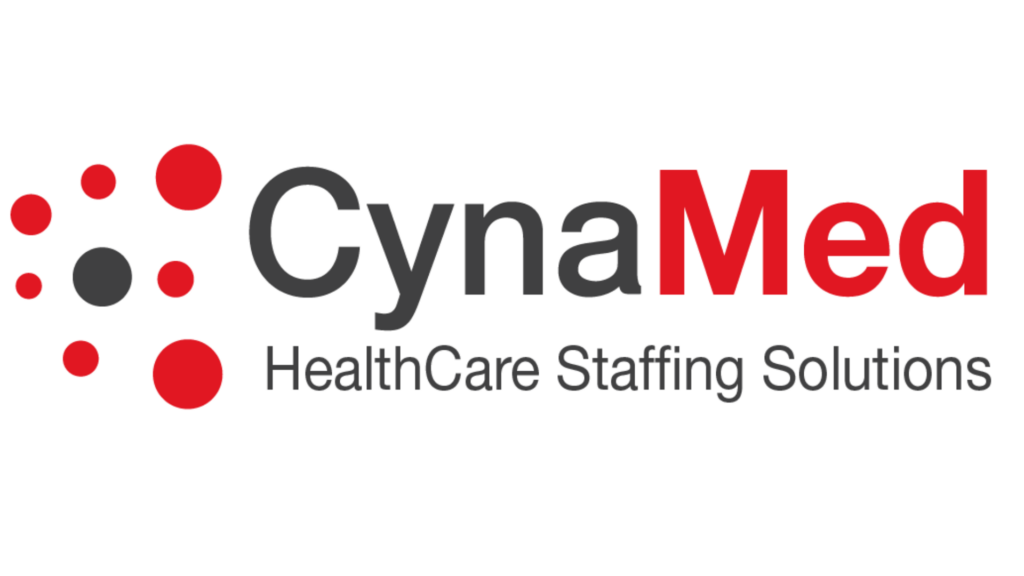LPNs are the heart and soul of the healthcare industry. They care for the injured, disabled, and sick, providing comfort to their patients. LPN stands for Licensed Practical Nurse, and their work differs from that of an RN or nurse practitioner. The main difference between an LPN and other types of nurses is that LPNs are more focused on basic care.
An Average Day for an LPN
LPNs are usually required to work 8-hour shifts, but 10 or even 12-hour shifts are not uncommon. Some shifts start fairly early in the morning, while some positions may require you to work at night. Working under the guidance of a physician, an LPN’s day usually starts by checking the vitals of their patients. This may lead to other tasks such as lab tests and monitoring patients’ blood. Through the course of an LPN’s shift, their main duty is to oversee their patients’ basic care. LPNs provide bedside care such as giving medications, bathing, and providing emotional support to patients.
One of the biggest challenges of working as an LPN is the difficult or stressful hours. While many shifts may only be 8 hours, some are longer, while others are in the middle of the night or even on holidays. Sometimes, this causes LPNs to lose sleep or feel emotionally overwhelmed. As with most healthcare positions, being an LPN is emotionally straining at times. However, it is very rewarding, especially when building relationships with patients and providing them with emotional support.
Where Can Licensed Practical Nurses Work?
While attending school or looking for an LPN position, it can be easy to get caught up in nursing home positions. Nursing homes do provide many options for LPNs, but there are plenty of other options if that is not your goal.
Many hospitals hire LPNs. Some may require LPNs to take on other tasks with a different title, but LPN duties are still part of the job. Other places LPNs can work are at schools, mental health facilities, correctional centers, or even administrative centers. Contrary to past belief, LPN positions are actually increasing and the profession is in a phase of growth.
Becoming an LPN
Compared to other nursing careers, becoming an LPN requires less education, which makes an LPN position a more accessible entry point for aspiring nurses. Only one year of education is required to become an LPN. For RNs and nurse practitioners, post-graduate degrees are the industry trend, increasing education, and student debt costs.
Many LPNs start with the goal of one day being an RN. While this is a great career pathway, it is not required of all LPNs. Many aspiring LPNs hope to one day reach the position where they can have a career as an LPN, and it is something to be very proud of. As with other industries, it can become easy to get sidetracked by the next big career leap. However, the grass is not always greener on the other side and career LPNs play a vital role in the healthcare industry. You can checkout more about what it takes to become an LPN in Pennsylvania from our friends over at United Career Institute.
Work With Us!
If you have completed an LPN program but are still struggling to find a job, CynaMed specializes in matching nurses with premier employment opportunities. It is stressful to sit at the computer and type in “LPN jobs near me” for hours on end. Healthcare staffing companies like CynaMed allow the healthcare industry to thrive by matching the best medical professionals with the best healthcare providers, getting patients the care they deserve. Give CynaMed a call today at 1 (412) 325-3420 to gather the necessary resources to help your career grow.






